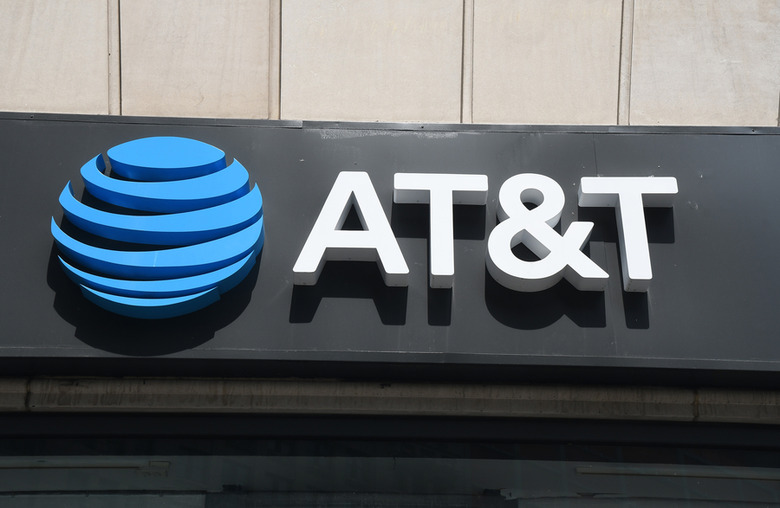Lawsuit Accuses AT&T Of Shady Attempt To Pump Up DirecTV Now Numbers
AT&T has been accused in a lawsuit of some pretty shady tactics meant to help the company boost the subscriber numbers for its streaming TV initiative formerly known as DirecTV Now.These tactics include leaning on employees to create fake users for the service and adding multiple "fake" accounts to a real customer's phone number, all in service of making DirecTV Now seem more successful than it was. That's according to the text of the lawsuit, which can be read here, and accuses the company of tricking investors.
"While AT&T and the Executive Defendants repeatedly touted the success of DirecTV Now, depicting it as a fast-growing product with strong margins and brisk subscriber growth, in truth, this apparent success was a complete mirage," the lawsuit claims. "Information provided by multiple former employees of AT&T and its affiliates from across the country collectively confirm a wide-ranging fraud, perpetrated at the highest levels of the Company."
Among other shady practices the lawsuit spells out is the claim that AT&T employees supposedly even took the dramatic step of signing up customers who didn't want the service. Fake email addresses were rampant. Customers would also be told they wouldn't be charged, even though they would be, according to the claims. (AT&T TV Now, by the way, is the successor brand to what was formerly known as DirecTV Now.)
"AT&T employees from across the country were strong-armed into creating fake DirecTV Now accounts, by utilizing various tactics to covertly add the product to customers' AT&T accounts without their knowledge," the lawsuit contends. "For example, employees were taught and actively encouraged to convert activation fees that customers traditionally had to pay to upgrade their phones into DirecTV Now subscriptions by waiving the fee, but charging the customer anyway, and applying the payment to up to three DirecTV Now accounts using fake email addresses without telling the customer they had been signed up for the subscription."
AT&T has responded to the lawsuit with the standard corporate line — without getting into the details, promising that the company will "fight these baseless claims in court" according to a statement shared with Bloomberg.
The complaint was filed on Friday, Sept. 13.
